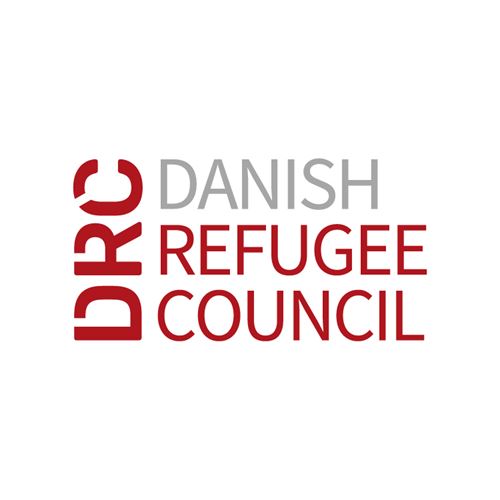The ICJ has determined that Israel's military operations in Rafah have created a catastrophic humanitarian situation, in line with the repeated predictions and warnings of the humanitarian community in the build up to the offensive. The Court has ordered an immediate halt to military operations in Rafah, the opening of the Rafah border crossing for unhindered humanitarian relief, and access for UN fact finding bodies to investigate potential violations of the Genocide Convention.
Since the hostilities began, Gaza has faced unprecedented destruction and suffering:
- Over 35,800 Palestinians have been killed and 80,200 injured since 7 October 2023, according to the Ministry of Health in Gaza.
- More than 800,000 people have been displaced from Rafah since 6 May 2024, with thousands living among rubble without essential services.
- Food distributions in Rafah have been suspended due to severe supply shortages and insecurity, worsening the humanitarian crisis.
Despite the ICJ’s order for Israel to halt military operations, the bloodshed has continued, with recent attacks on a displacement camp near UN aid facilities in Rafah reportedly killing dozens of people, including children, and injuring many more.
Failure to comply with these orders may prompt South Africa to address the issue to the Security Council, which has the authority under the UN Charter to enforce the ICJ's binding decision.
We call on the UN Security Council to take decisive action to ensure the ICJ's orders are implemented, allowing humanitarian aid to reach those in need and enabling thorough investigations into violations of international law. The Security Council must act now to uphold justice, protect human rights, and maintain international peace and security. Failure to do so would further compromise the conditions to sustain human life in Gaza and would undermine global trust in the primacy of international law.
